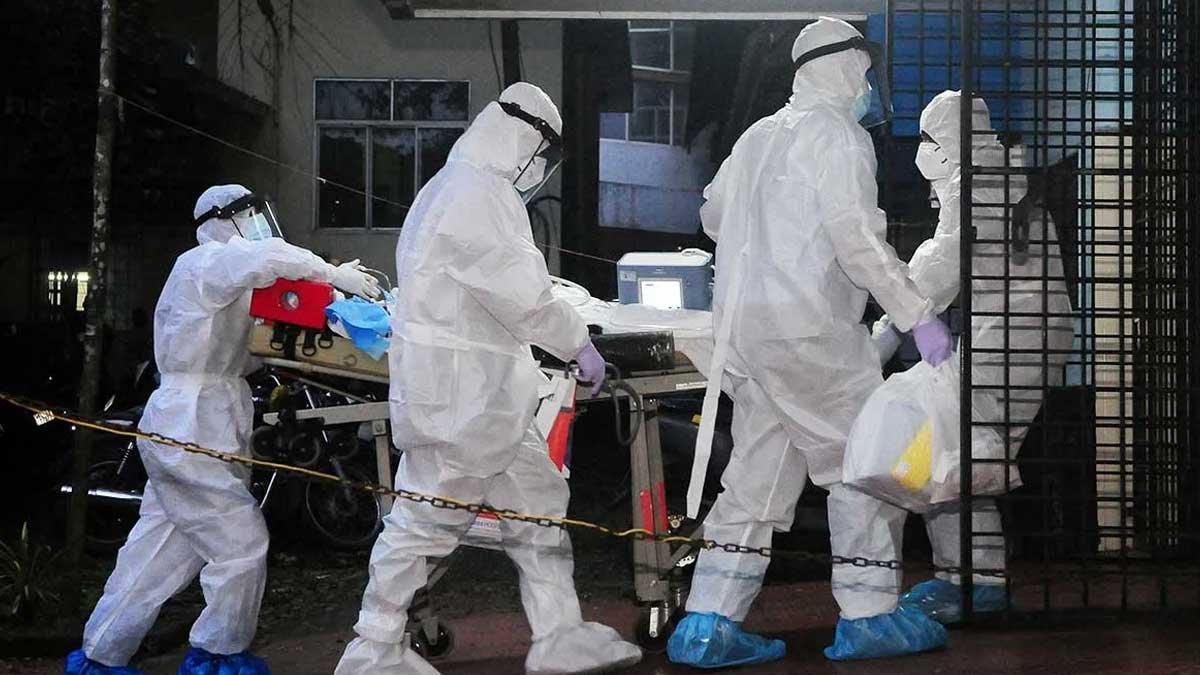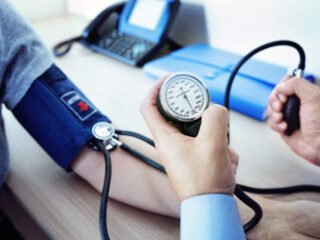New Delhi, 17 June 2025: As researchers continue to study the long-term impact of COVID-19, new evidence is emerging that even asymptomatic or mildly symptomatic individuals may suffer silent yet serious damage to their heart. According to recent findings, COVID-19 can directly harm heart cells without producing any noticeable symptoms, raising concerns over undetected cardiac complications in seemingly healthy people. Doctors and cardiologists are now warning that the virus doesn’t just attack the lungs—it can also trigger inflammation, clotting, and structural damage in the heart, potentially increasing the risk of future cardiovascular issues.
Studies from leading medical journals have revealed that the SARS-CoV-2 virus can infiltrate myocardial cells (heart muscle cells) and cause microscopic injuries that go unnoticed in the absence of classic symptoms like chest pain or shortness of breath. Autopsies and advanced cardiac imaging of patients who died from unrelated causes but had prior COVID infection show changes such as myocardial inflammation, scarring, and weakened heart function. This has led experts to conclude that heart damage from COVID-19 can exist even in those who were never hospitalised or diagnosed with severe disease.
Dr. Meenal Agarwal, a senior cardiologist based in Mumbai, explains, “What’s most concerning is that people who never felt seriously ill with COVID are showing evidence of myocarditis or heart muscle inflammation months later. Some report fatigue, palpitations, or breathlessness during exertion, but many have no symptoms at all. This silent damage can go undetected until it leads to more serious events like arrhythmias, heart failure, or even sudden cardiac arrest.”
The virus is believed to cause heart damage in multiple ways. First, it can bind to ACE2 receptors found in heart and blood vessel tissues, enabling direct viral entry. Second, the body’s immune response to the virus can trigger a cytokine storm, leading to widespread inflammation that affects heart tissues. Third, COVID-19 is known to increase the risk of blood clots, which can block coronary arteries and contribute to heart attacks or strokes. Even in young and previously healthy individuals, microvascular damage—small clots in the capillaries—can impair heart function over time.
A study conducted at a leading German university found that over 75% of people who recovered from COVID-19 showed signs of heart abnormalities on MRI scans, weeks after recovering—even if they had mild or no symptoms during the infection. These findings have triggered global concern among health authorities and sports medicine experts, who now recommend cardiac screening for athletes or individuals engaging in strenuous physical activity after recovering from COVID, regardless of how mild their infection seemed.
What’s more alarming is that long COVID patients—those who continue to have symptoms weeks or months after infection—often complain of chronic fatigue, chest tightness, palpitations, or exercise intolerance, all of which may indicate lingering cardiac involvement. Cardiologists urge anyone experiencing such signs to seek medical evaluation, including ECGs, echocardiograms, or cardiac MRI if needed, to detect underlying damage.
Preventing COVID-19 through vaccination, masking, and avoiding exposure remains the best way to reduce the risk of such hidden heart injuries. Doctors also advise regular heart check-ups for those who have recovered from COVID, especially if they have existing conditions like high blood pressure, diabetes, or obesity, or if they experience persistent symptoms post-recovery.
While the respiratory effects of COVID-19 have been well-documented, growing evidence suggests that the virus poses a stealth threat to the heart, silently damaging cells and impairing function even in mild cases. Experts now emphasise the need for increased awareness, early detection, and long-term monitoring to protect heart health in the post-COVID era. Ignoring what seems like a mild or asymptomatic infection today could lead to serious cardiac consequences tomorrow.







